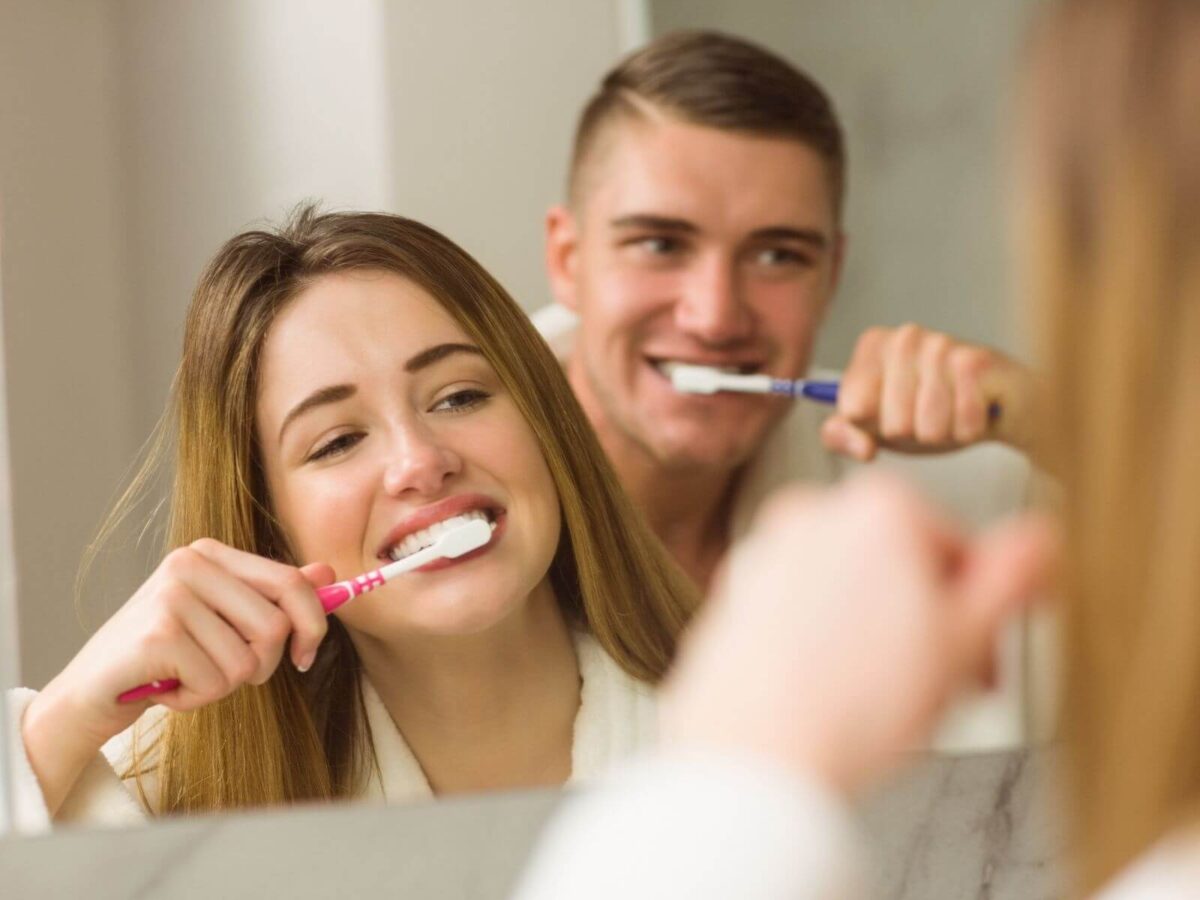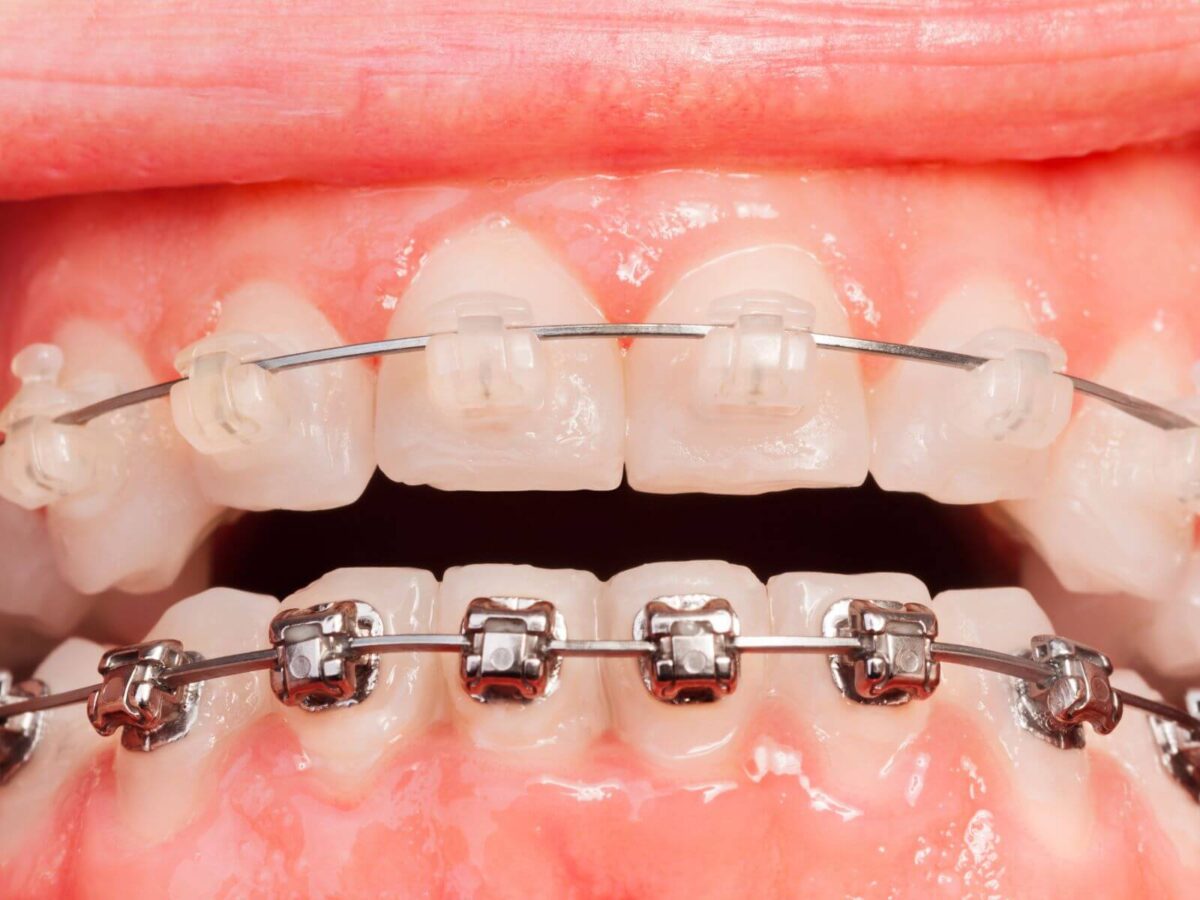Consuming the appropriate meals is necessary for maintaining excellent dental health, yet several foods can actually raise the risk of developing cavities, gum disease, and enamel erosion. To assist you in maintaining a healthy smile, the following is a list of five foods that Cypress Dentist TX typically recommends limiting.
List of 5 Foods Posing Oral Health Risks
Cypress Dentist TX suggests avoiding these 5 foods that are risky to your oral health.
1. Sugary Candies and Sweets
One of the main things that leads to tooth loss is sugar. When you eat sugar, the bacteria in your mouth make acids that wear away your teeth’s enamel. Sometimes the worst candies for your teeth are the ones that are sticky and have a lot of sugar.
Candy that sticks to your teeth, like caramel, makes germs that are bad for you. As a result of being acidic, sour sweets also damage tooth enamel more quickly. Rinse your mouth out with water after eating something sweet to lower your risk of tooth decay.
2. Carbonated Soft Drinks
The presence of sugar and acids in carbonated beverages and sodas is a double-edged sword for teeth because these beverages lead to the degradation of enamel. Even though diet sodas do not include sugar, they contain an acidity level that is high enough to cause injury.
Some studies done by Cypress Dentist TX have suggested that soda’s acidity is comparable to battery acid. Sipping soda throughout the day can be especially harmful because it exposes your teeth to a mixture of sugar and acid.
The American Dental Association recommends that you drink water or milk instead of soda. Using a straw to decrease the amount of contact that soda has with your teeth and rinsing your mouth with water after drinking soda is recommended.
3. Citrus Fruits and Juices
Despite the fact that citrus fruits such as oranges, lemons, and grapefruits are loaded with vitamins. Since these foods are very acidic, they can weaken enamel. This makes teeth more likely to decay over time.
If you regularly eat citrus foods or drink tangy juices, your enamel may wear away, and you can’t fix it. Many people really enjoy lemon water, but drinking it every day can be very bad for your teeth and oral health.
If you like citrus fruits like oranges or lemons, eat them with a meal and rinse your mouth afterward. Milk and cheese are great for your teeth because they help balance out the acids from the foods you eat.
4. Starched Snacks and Chips
Bread, crackers, and potato chips are comfort foods we all love, but they’re packed with carbohydrates that are bad for your teeth. When you chew these things, they quickly turn into sugar that can get stuck in your teeth.
The saliva in our mouths can break down small pieces of food, but starches are especially tough to break down because they stick to teeth and create cavities. You need to brush and floss your teeth right away after eating a sweet snack that leaves a film on them.
5. Dried Fruits
Some people think of fresh fruits as healthy snacks, but dried fruits might be better for your teeth. Fruits that are dried out, like raisins, figs, and others that are high in sugar and stick to teeth, can make a good place for bacteria that cause cavities to grow.
When compared to fresh fruits, dried fruits don’t have any water in them, which would help wash away the sugars. As a result, dried fruits are a concentrated source of sugar that can remain on teeth.
You should always drink water after eating dried fruit to wash away any sugars that may have remained after eating it. If you have a craving for dried fruit, try eating it with almonds to help lessen the stickiness.
Some Tips to Help You Protect Your Teeth from Bad Foods
There is no requirement for you to remove these foods from your diet completely. However, there are a few additional dental hygiene tips given by Cypress Dentist TX that you may follow to help preserve your teeth:
- Brushing and flossing regularly can help remove particles that contribute to tooth decay. Brushing twice and flossing once are recommended.
- Consume water post-meals to eliminate carbohydrates and acids that could be harmful to your enamel. Fluoridated water strengthens dental enamel.
- Utilizing a straw reduces dental exposure to acidic or sugary liquids.
- Chewing sugar-free gum stimulates saliva production, which neutralizes oral acids.
Conclusion
Your teeth and gums will stay healthy for years if you watch what you eat and do simple dental care. To keep your teeth healthy over time, don’t eat things that are bad for them. If you want to know how to keep your teeth healthy and white, talk to Cypress Dentist TX.





